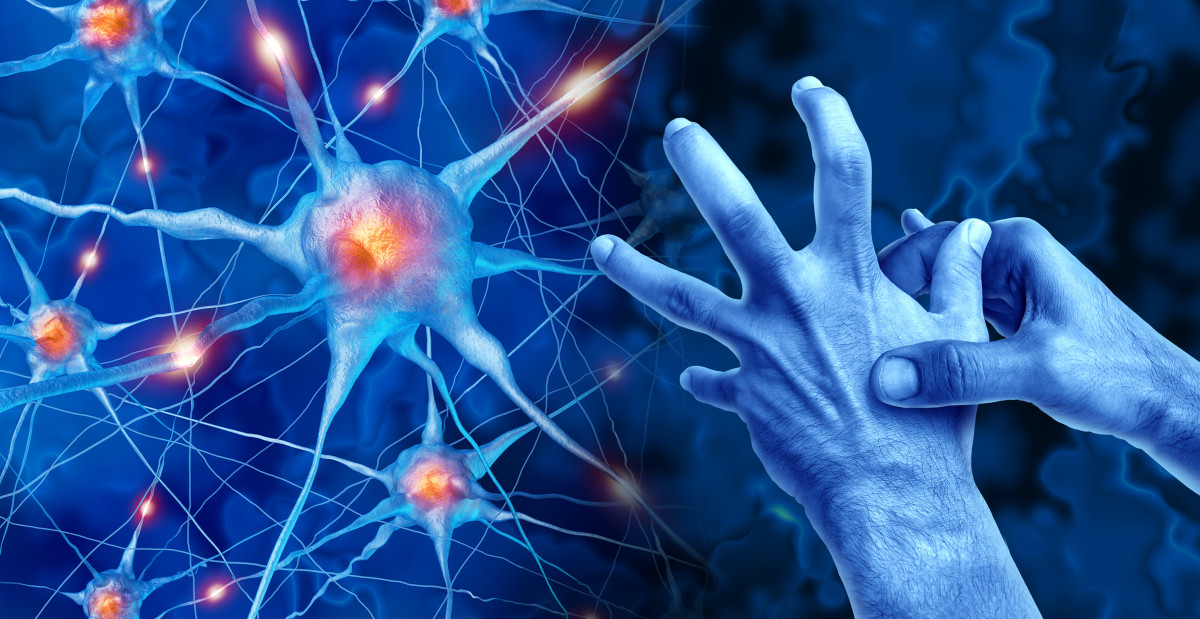Parkinson’s treatment tested at UW showing promise in first clinical trial

Parkinson’s patients are receiving a new investigational treatment after a successful study at the University of Wisconsin–Madison helped demonstrate the cell therapy’s safety in non-human primates and refine the method for its delivery. Now, the biotechnology company running the trial is reporting encouraging results.
Aspen Neuroscience recently announced they would enroll a third group of patients in their trial, called ASPIRO. The ASPIRO trial is referred to as Phase 1/2a, a stage designed to evaluate an investigational treatment’s safety and most effective dose in humans.
The patients already enrolled in the trial are safely tolerating the treatment, in which new brain cells, called neurons, are grown from the patients’ own cells and grafted into key parts of the brain. Their doctors have noted improvement in patients’ Parkinson’s symptoms, potentially providing promise for people living with this debilitating neurological disease.
“Early data from the first four patients show that precision intracranial delivery of [the neurons] is safe and well tolerated,” says Andrés Bratt-Leal, Aspen co-founder and senior vice president of research and development. “Both patient-reported and clinician-reported outcomes show early signs of changes from baseline in multiple clinically meaningful outcome measures. Autologous iPSC-derived therapy as a regenerative medicine approach has the unique advantage of not requiring immunosuppressive medications.”
While UW–Madison is not participating in the ASPIRO trial, the new therapy reached human patients with help from UW–Madison scientists studying animals. In 2024, researchers at the Wisconsin National Primate Research Center successfully grafted progenitor cells — which develop into the types of neurons that produce a brain chemical called dopamine — into the brains of macaque monkeys. California-based Aspen provided the cells, grown from multiple lines of human-induced pluripotent stem cells, along with the equipment for delivering them to specific parts of the brain. Key to Aspen’s cell-therapy approach in people is deriving the new brain cells from cells donated by the patient who will receive the graft. Scientists call that an “autologous” transplant.
“Using a patient’s own cells avoids the need to use immunosuppression to keep the patient’s body from rejecting or attacking the graft,” says Marina Emborg, a UW–Madison professor of medical physics. “Aspen has developed the technological methods for manufacturing, for quality control, that makes it feasible at scale to make autologous cells and get them to the patients.”
Parkinson’s disease damages neurons that produce dopamine, a hormone that transmits signals between nerve cells. The disrupted signals make it progressively harder to coordinate even simple movements and cause rigidity, slowness and tremors that are the disease’s hallmark symptoms. Patients are typically treated with drugs like L-DOPA to increase dopamine production. Although the drugs help many patients, they present complications and lose their effectiveness over time.
“By the time of diagnosis, it is common for people with Parkinson’s to have lost the majority of dopaminergic neurons, leading to progressive loss of motor and neurological function,” explains Edward Wirth III, an expert in cell therapies, Aspen’s chief medical officer and a collaborator on the 2024 study. “To replace these lost cells, we must target a very specific area of the brain with a high degree of surgical precision.”
Using the latest advances in MRI-guided surgical techniques, the patient’s new cells are transplanted, a few microliters at a time, to the exact area where they are most needed.
Working with potential cell therapies in pursuing treatments for Parkinson’s disease is a particular specialty of the Emborg lab and other primate center colleagues. The researchers’ results in non-human primates, which supported Aspen’s successful application to begin human trials, were published in the Journal of Neurosurgery. The study followed Emborg’s success, alongside Su-Chun Zhang of the Wisconsin School of Medicine and Public Health, reversing Parkinson’s symptoms in monkeys with their own autologous cell graft approach.
The 2024 study was designed to test the safety and efficacy of Aspen’s human cells and a delivery method that allowed surgeons to reach their target in the brain with fewer insertions of the apparatus that delivers the new cells.
“This study was an important step in our work to bring the promise of a cell-replacement therapy to people with Parkinson’s disease,” says Bratt-Leal, who co-authored the 2024 study. “The results were instrumental in opening our first-in-human trial and informing how we deliver patients’ own cells to them in the study.”
It was a true collaboration according to Emborg — between the Aspen scientists, her lab and the Wisconsin National Primate Research Center — to validate the company’s procedures and equipment. The work done to refine the logistics, surgical equipment and techniques in the animal procedures informed the way patients in the human trial have received and recovered from the new therapy, providing hope for those struggling with this debilitating disease.
“Our results were all so exciting,” Emborg says. “And then, when I saw they had been able to begin with a human patient … I just had tears in my eyes.”
For more information on the ASPIRO trial, visit clinicaltrials.gov.
This research was supported by Aspen Neuroscience and the National Institutes of Health (grant No. P51OD011106).
Research at the University of Wisconsin–Madison drives innovation, saves lives, creates jobs, supports small businesses, and fuels the industries that keep America competitive and secure. It makes the U.S.—and Wisconsin—stronger. Federal funding for research is a high-return investment that’s worth fighting for.
Learn more about the impact of UW–Madison’s federally funded research and how you can help.




